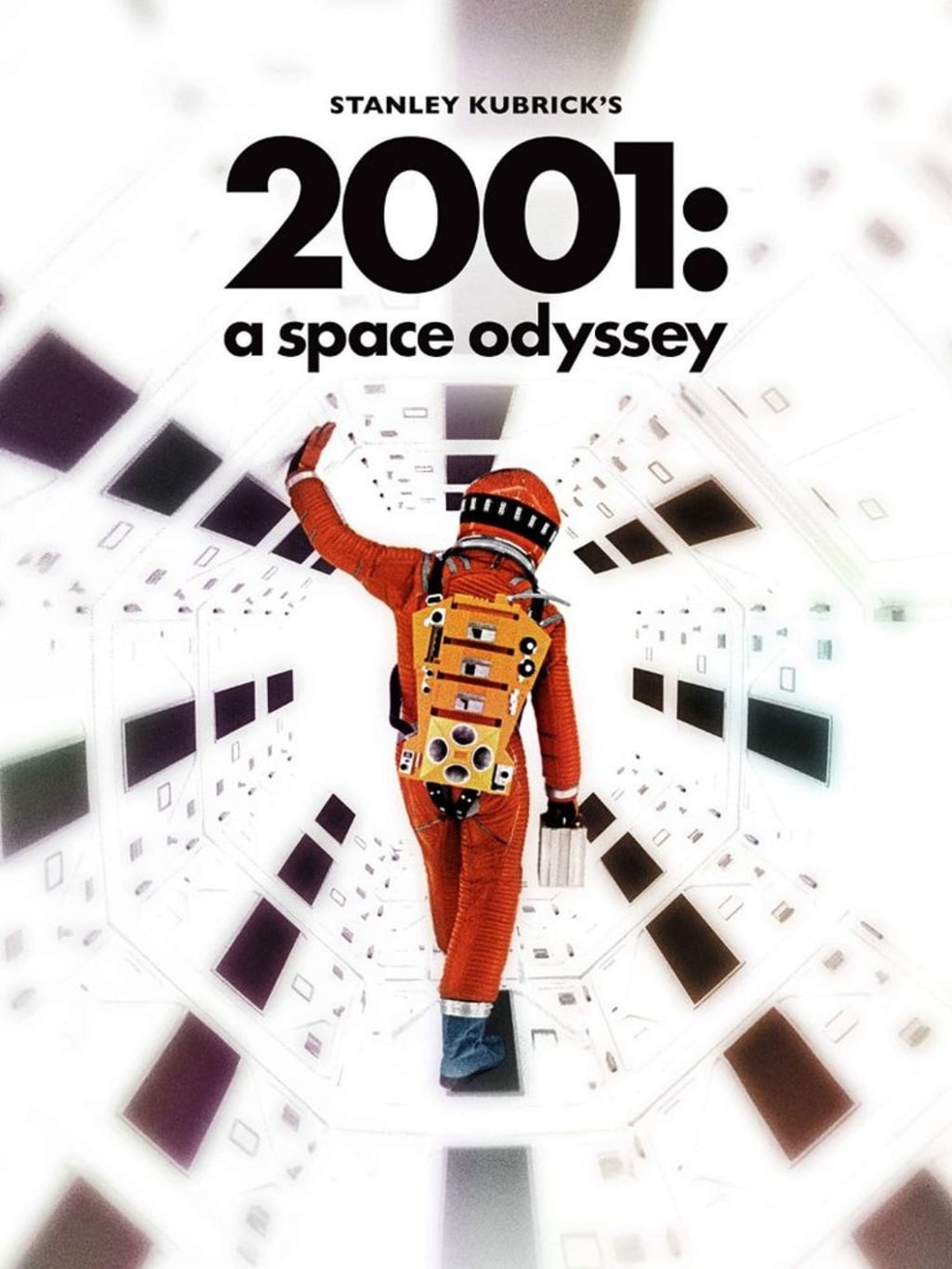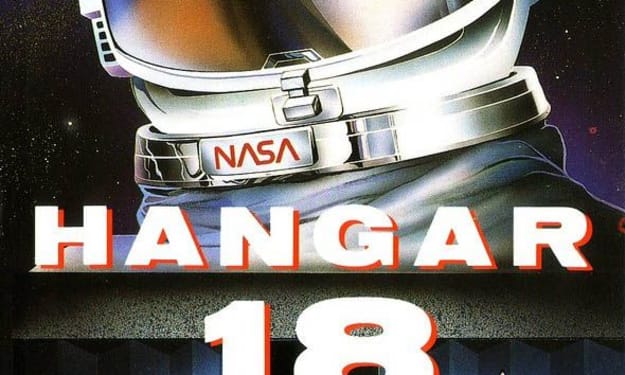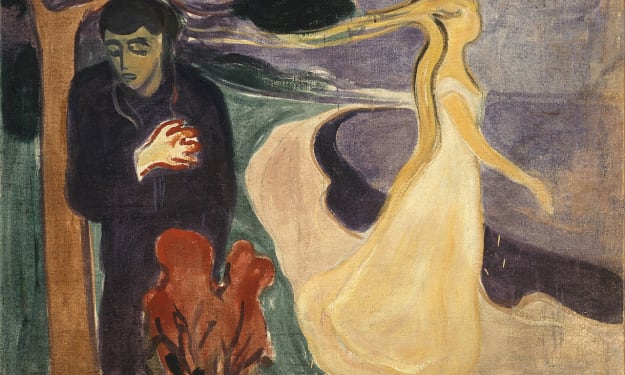Genuine Review of the 2014 Sci-fi/Adventure Film '2001: A Space Odyssey'
2001: A Space Odyssey (2014): A Honest Film Review

"2001: A Space Odyssey," directed by Stanley Kubrick and released in 1968, stands as a landmark in cinematic history. This epic science fiction film, developed in collaboration with renowned author Arthur C. Clarke, is not just a movie but a profound visual and philosophical journey. Celebrated for its groundbreaking special effects, complex narrative, and deep thematic content, "2001: A Space Odyssey" continues to captivate audiences more than half a century after its release.
Plot Summary:
The film is divided into four distinct parts, each serving a specific purpose in exploring humanity's relationship with technology and the unknown. It begins with "The Dawn of Man," showing primitive human ancestors discovering the use of tools after encountering a mysterious black monolith. This monolith appears throughout the film, symbolizing an advanced intelligence influencing human evolution.
The story then leaps forward to the year 2001, where Dr. Heywood Floyd (William Sylvester) travels to the moon to investigate a newly discovered monolith buried beneath the lunar surface. When the monolith is exposed to sunlight, it emits a powerful signal aimed at Jupiter.
In the third section, the film follows the spacecraft Discovery One on its mission to Jupiter, crewed by Dr. David Bowman (Keir Dullea), Dr. Frank Poole (Gary Lockwood), and the ship's superintelligent computer HAL 9000 (voiced by Douglas Rain). HAL, programmed to be infallible, begins to malfunction and poses a deadly threat to the crew, leading to a tense struggle for control of the ship.
The final segment, "Jupiter and Beyond the Infinite," takes viewers on a surreal and enigmatic journey as Bowman encounters another monolith near Jupiter. This sequence is a visual and auditory spectacle that challenges the boundaries of conventional storytelling, ending with Bowman transforming into a cosmic entity known as the Star Child.
Visual and Technical Excellence:
"2001: A Space Odyssey" is renowned for its pioneering special effects, which remain impressive even by today's standards. The film's depiction of space travel, weightlessness, and planetary landscapes set a new benchmark for realism in sci-fi cinema. Kubrick's meticulous attention to detail is evident in every frame, from the rotating space station to the eerily silent vacuum of space.
The iconic scenes, such as the bone-to-satellite match cut and the Stargate sequence, showcase Kubrick's innovative use of visual storytelling. The film's practical effects, including models, miniatures, and early computer-generated imagery, contribute to its timeless quality. The decision to forgo a traditional score in favor of classical music, including pieces by Richard Strauss and Johann Strauss II, adds a majestic and otherworldly dimension to the film.
Suspense and Tension:
Kubrick masterfully builds suspense and tension, particularly in the section involving HAL 9000. The calm, emotionless voice of HAL contrasts starkly with its increasingly erratic and dangerous behavior. The slow, deliberate pacing heightens the sense of isolation and vulnerability experienced by the crew, culminating in a nerve-wracking confrontation between Bowman and HAL.
The tension is further amplified by the film's use of silence and ambient sounds, creating an immersive atmosphere that draws viewers into the vast emptiness of space. The deliberate pacing allows audiences to fully absorb the visual and thematic elements, making the moments of action and revelation even more impactful.
Character Development and Performances:
While "2001: A Space Odyssey" is not character-driven in the traditional sense, the performances are nevertheless compelling. Keir Dullea as Dr. David Bowman delivers a restrained yet intense performance, effectively conveying the character's resolve and curiosity. Gary Lockwood's portrayal of Dr. Frank Poole provides a solid counterbalance to Bowman, emphasizing the human element amidst the technological landscape.
HAL 9000, voiced by Douglas Rain, emerges as one of the most memorable characters in sci-fi history. HAL's calm, soothing voice, juxtaposed with its sinister actions, creates a chilling and unforgettable antagonist. The film explores the theme of artificial intelligence and its potential to surpass and challenge human control, a topic that remains relevant and thought-provoking.
Themes and Reflections:
"2001: A Space Odyssey" delves into profound themes, including human evolution, the relationship between humanity and technology, and the quest for knowledge. The recurring motif of the monolith represents the influence of an advanced intelligence guiding human progress, suggesting that our evolution is part of a larger cosmic design.
The film also explores the duality of technology as both a tool for advancement and a potential threat. HAL 9000 embodies this duality, raising questions about the ethics and implications of creating intelligent machines. The struggle between Bowman and HAL serves as a microcosm of the broader tension between humanity and its creations.
The final sequence, "Jupiter and Beyond the Infinite," invites viewers to contemplate the nature of existence and the possibilities of transcending human limitations. Bowman's transformation into the Star Child symbolizes a new phase of human evolution, hinting at a future where humanity attains a higher state of being.
Critique and Unique Elements:
Some viewers may find the film's slow pacing and abstract narrative challenging, particularly in the absence of conventional dialogue and exposition. However, these elements are integral to the film's unique vision and immersive experience. "2001: A Space Odyssey" demands active engagement and contemplation, rewarding those who appreciate its ambitious and unconventional approach.
The film's influence on the sci-fi genre and cinema as a whole is undeniable. Its groundbreaking visual effects, innovative storytelling techniques, and exploration of existential themes have inspired countless filmmakers and continue to shape the landscape of science fiction.
Conclusion:
In conclusion, "2001: A Space Odyssey" is a timeless masterpiece that transcends the boundaries of conventional cinema. With its stunning visuals, thought-provoking themes, and pioneering special effects, the film offers a profound and immersive experience that challenges viewers to reflect on humanity's place in the universe. Whether you're a fan of sci-fi or simply appreciate cinematic artistry, "2001: A Space Odyssey" is an essential and unforgettable film that continues to captivate and inspire audiences.
About the Creator
Aarav Rohilla
Hey Everyone,
This is Aarav Rohilla, a young writer on a mission to craft captivating stories that resonate.
Join me on this journey of literary exploration and inspiration! 📝✨
Enjoyed the story? Support the Creator.
Subscribe for free to receive all their stories in your feed. You could also pledge your support or give them a one-off tip, letting them know you appreciate their work.
Reader insights
Outstanding
Excellent work. Looking forward to reading more!
Top insights
Compelling and original writing
Creative use of language & vocab
Easy to read and follow
Well-structured & engaging content
Excellent storytelling
Original narrative & well developed characters
Expert insights and opinions
Arguments were carefully researched and presented
Eye opening
Niche topic & fresh perspectives
Heartfelt and relatable
The story invoked strong personal emotions
Masterful proofreading
Zero grammar & spelling mistakes
On-point and relevant
Writing reflected the title & theme






Comments (1)
I appreciate the depth of your analysis. Excellent review!